Public broadcasters across Missouri are launching emergency fundraising campaigns after Congress voted to eliminate $1.1 billion in federal support for public media, a move that threatens local programming and services statewide.
The cuts impact nine NPR-affiliated radio stations and four PBS television stations in Missouri, along with several smaller community radio outlets. These stations receive funding from the Corporation for Public Broadcasting (CPB), which distributes federal grants to local broadcasters. In fiscal year 2024, Missouri stations received about $7.6 million in community service grants.
“This vote weakens one of the most trusted civic institutions in America,” said Kyle Felling, general manager of KBIA in Columbia. “Stripping away already-approved funding puts the work we do every day at risk — reporting trusted facts, delivering emergency alerts, and connecting our community.”
Stations Respond with Urgent Appeals
To counter the funding gap, stations are mobilizing quickly:
-
KBIA launched a “Resiliency Fund” to raise $500,000.
-
KCUR in Kansas City began a drive Friday morning that will run through Monday, with the same $500,000 goal.
-
KOPN, a community station in Columbia, is aiming to raise $40,000 through its emergency campaign.
-
KCPT, Kansas City’s PBS station, also launched a drive but did not specify a fundraising goal.
Meanwhile, Ozarks Public Broadcasting in Springfield, which operates KSMU radio and KOZK-TV, said the cuts would slash $1.3 million from their combined budgets — roughly 10% for radio and a third for TV. Though no formal campaign has started there, the public is already stepping up with pledges.
“Our phones have stayed busy this morning and web pledges are coming in fast,” said General Manager Rachel Knight. “We’re hearing frustration and disappointment from our audience in Congress’ decision to defund public media.”
Support Mixed with Concern
The funding cuts come after months of warnings and public appeals. The final House vote — 216 to 213 — took place early Friday, with all Missouri Republicans voting in favor, except Rep. Eric Burlison, who was absent. Both of Missouri’s Democratic representatives opposed the bill.
Senator Eric Schmitt, who led the rescission bill in the Senate, praised the move. “They are woke, biased, and ideologically captured. They don’t deserve tax dollars,” Schmitt said on Fox News.
Since President Trump’s June proposal to cut $9.4 billion in federal spending, stations have ramped up their appeals to listeners for financial support. Felling noted that KBIA’s annual May fundraiser raised over three times what it did a year ago — even before the official cuts.
Increased Costs, Reduced Resources
The financial blow isn’t just about lost cash. CPB also handled expenses like music licensing for qualified stations. Stations like KOPN, which airs a large variety of music, now face those costs in addition to budget shortfalls.
“This is about 40% of our cash budget,” said Dylan Martin, executive director of KOPN. “We’ve always operated lean, but this will be hard.”
Impacts Across the State
-
St. Louis Public Radio (KWMU) stands to lose $575,000 — about 6% of its annual revenue.
-
KMOS, serving rural viewers in central Missouri, relies on federal support for about 40% of its budget. General Manager Josh Tomlinson said the station isn’t panicking but is “strategically” assessing next steps.
-
KETC (Nine PBS) in St. Louis expects to lose around $1.8 million, or 13% of its budget. CEO Amy Shaw thanked supporters for donations and advocacy but acknowledged the setback: “This was not the outcome we hoped for and fought for. However, Nine PBS’s commitment to serve the St. Louis region remains stronger than ever.”
-
KCPT, Kansas City PBS, also expects a 13% budget loss. President Kliff Kuehl said the station will continue to “inform, inspire, and connect” the community despite the challenge.
A Fight for the Future of Public Media
Station leaders across Missouri are expressing hope that community support can help bridge the gap, at least in the short term. But many warn that without long-term funding solutions, programming cuts may be unavoidable.
“Public media has always served as a pillar of democracy, with broad support that transcends party lines,” said St. Louis Public Radio’s interim GM Jess Luther. “Our elected leaders’ decision to rescind this funding dangerously diminishes the free flow of information, especially to communities that have few other sources of news and emergency alerts. When we say this is dangerous, we mean it literally.”
This article has been carefully fact-checked by our editorial team to ensure accuracy and eliminate any misleading information. We are committed to maintaining the highest standards of integrity in our content.

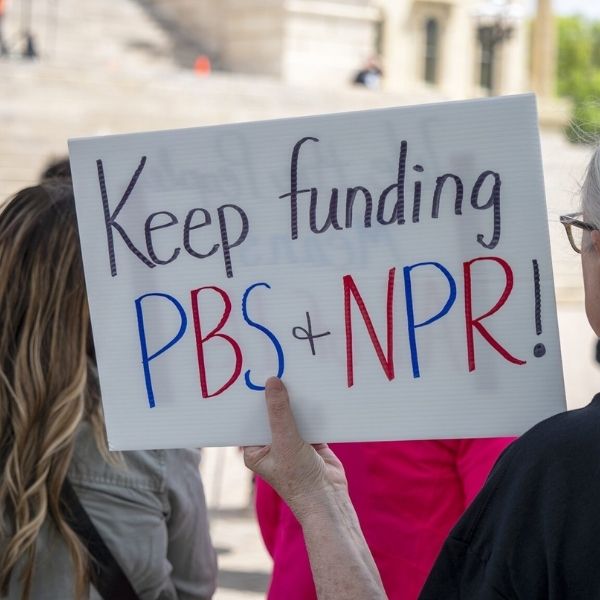

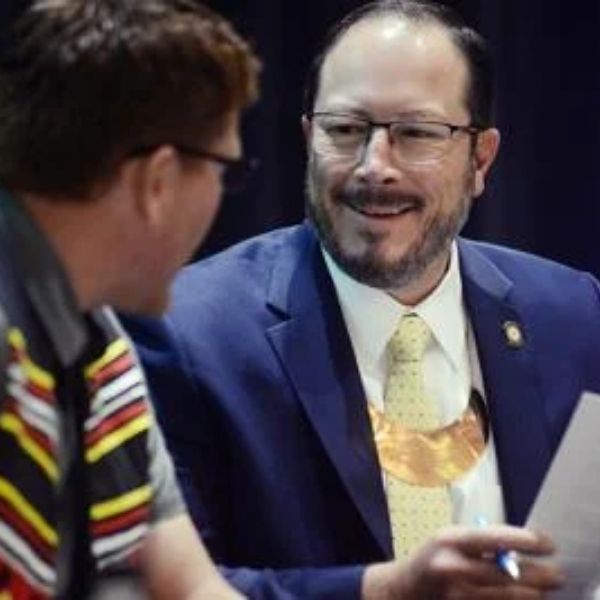
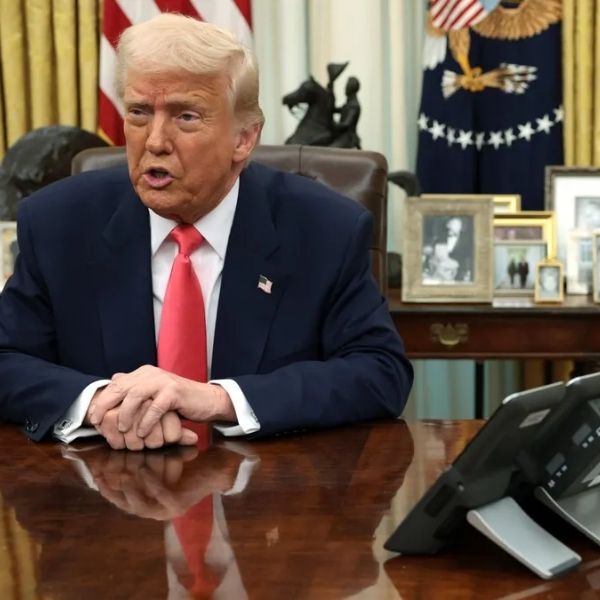
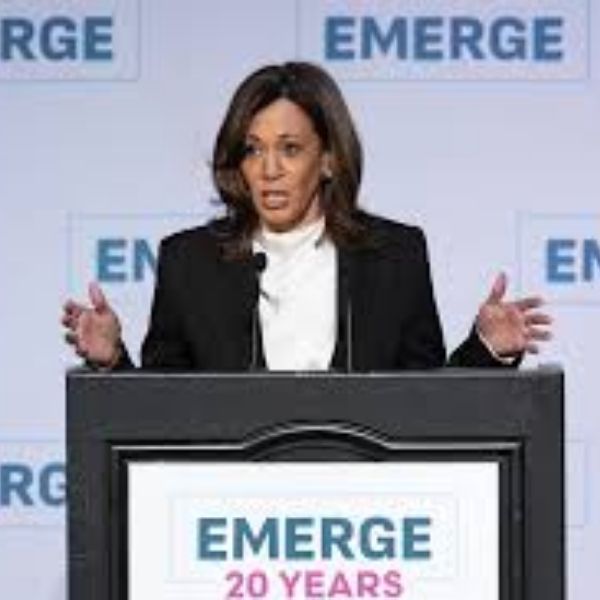
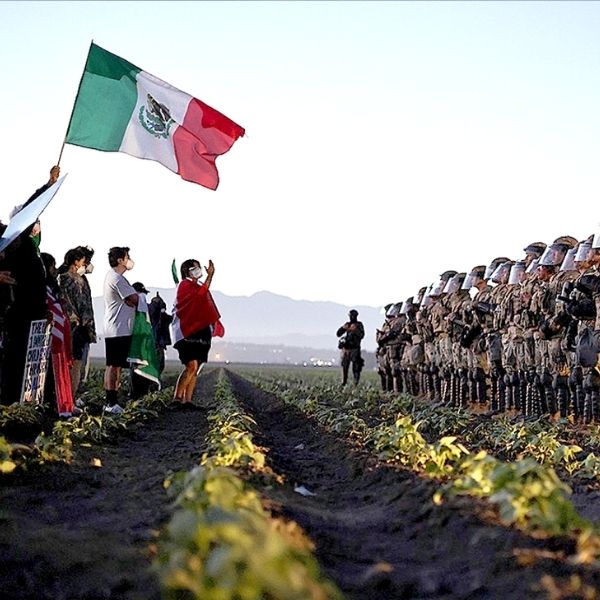
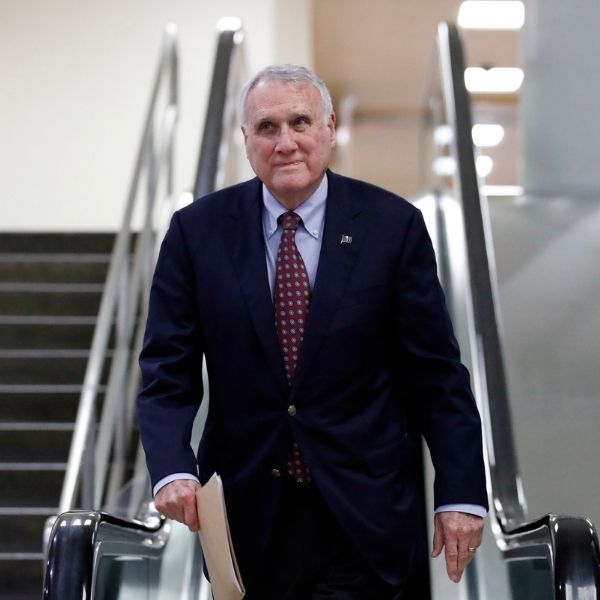
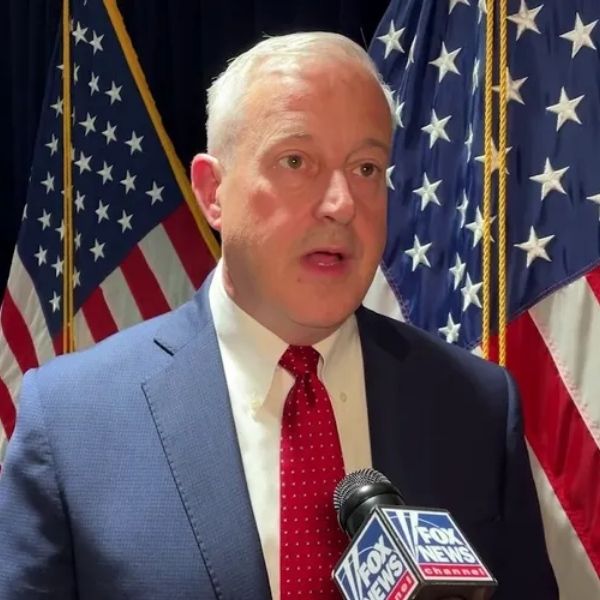
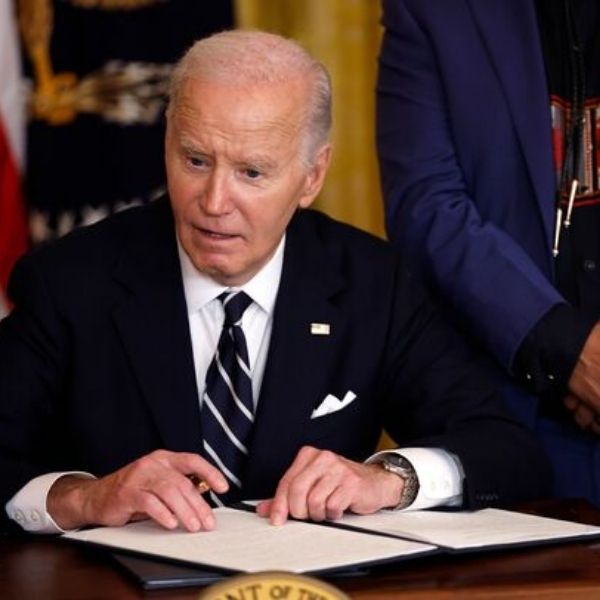
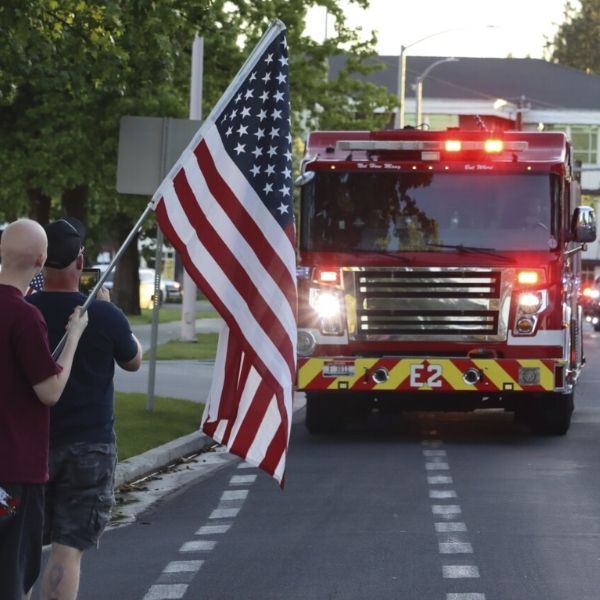

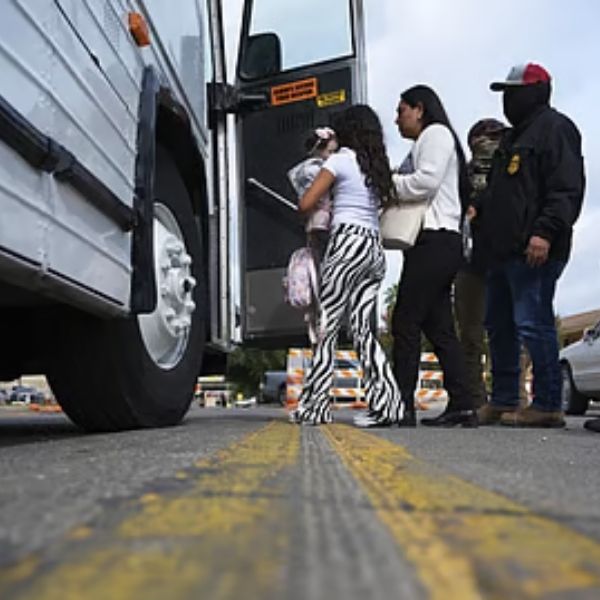



Leave a Reply